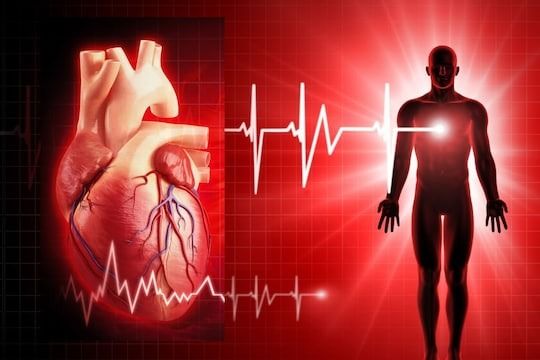
PCSK9 Gene Therapy for Cholesterol: The problem of high cholesterol has become common. A large number of people are suffering from high cholesterol. If cholesterol levels exceed normal, it increases the risk of heart disease. Therefore it is very important to control cholesterol. Till now, to control bad cholesterol, medicines like statins had to be taken daily. These medicines help control cholesterol and prevent heart disease. However, scientists have discovered a new way to get rid of bad cholesterol. This technique is being called gene editing or gene-silencing. With this technique, bad cholesterol can be reduced for a long time with just one treatment. This technology does not permanently alter DNA, but controls gene expression through epigenetic editing. This research could revolutionize heart disease prevention in the future.A report in News Medical Life Sciences suggests that there are two types of cholesterol in our body: LDL, i.e. bad cholesterol, and HDL, i.e. good cholesterol. Increase in LDL levels increases the risk of heart disease. A gene called PCSK9 disrupts cholesterol regulation by blocking LDL receptors. Currently, drugs and antibodies are given to control PCSK9, but these require repeated administrations. In this new research, scientists have developed a technique to inactivate PCSK9 through epigenetic editing. Epigenetic editing involves turning genes on or off without changing the DNA. This technology deactivates genes that help control cholesterol.Scientists have named it PCSK9-EE. Once injected into the body, it can deactivate PCSK9 for a long period of time. It helps control bad cholesterol in the body and prevent heart damage. The technique was tested first on human liver cells, then on mice carrying the human PCSK9 gene, and then on monkeys. The results showed that a single dose inhibited PCSK9 activity in mice by 98% and led to a significant reduction in LDL cholesterol. This effect lasted for more than a year.Research also showed that these epigenetic changes are not permanent. These can also be reversed if needed. The gene silencing effect persisted even after liver regeneration. Additionally, no serious side effects were observed in the liver, and only mild enzyme changes were observed, which returned to normal within a few days. The results of this technique in animals are encouraging, but more research is needed before it can be applied to humans. The scientists acknowledged that the response in some monkeys was weaker, which may be due to differences in the body’s ability to absorb the drug. They are also cautious about off-target effects and long-term effects.
-
RBI Update: Banks must now have funds ready before default! RBI issues draft rules on ECL..

-
Vitamin E Deficiency: Symptoms, Risks and How to Stay Safe

-
What is this 20-minute walking exercise? How does it help with weight loss and heart health

-
5 effective yoga or low impact exercises to manage arthritis pain

-
Hasya Yoga Kendra Celebrates 25 Glorious Years of Hasya Yoga, Health & Harmony
